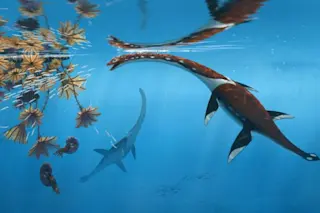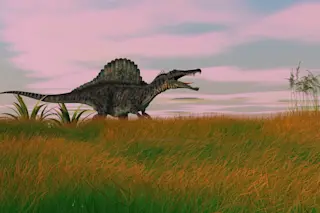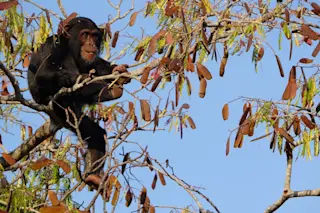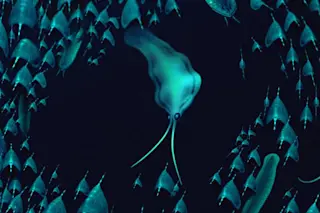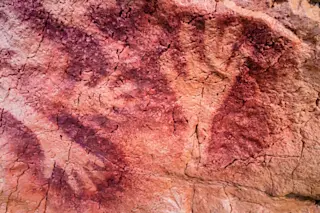A domestic dog or a wolf? The difference seems easy enough to spot today, but the distinction was not always so evident. For years, scientists struggled to determine whether a pair of frozen puppies from around 14,000 years ago were early domestic dogs or wolves. Now, a new analysis could bring this debate to a close, confirming that the frozen pups were probably not early domestic dogs, but wolves, based on the animals’ bones, teeth, and soft tissues.
Published today in Quaternary Research, the analysis also shows that the two puppies were siblings — sisters around two months old — and ate a diet of milk, meat, and plants, with woolly rhinoceros as their final feast.
“It was incredible to find two sisters from this era so well preserved, but even more incredible that we can now tell so much of their story, down to the last meal that they ...


